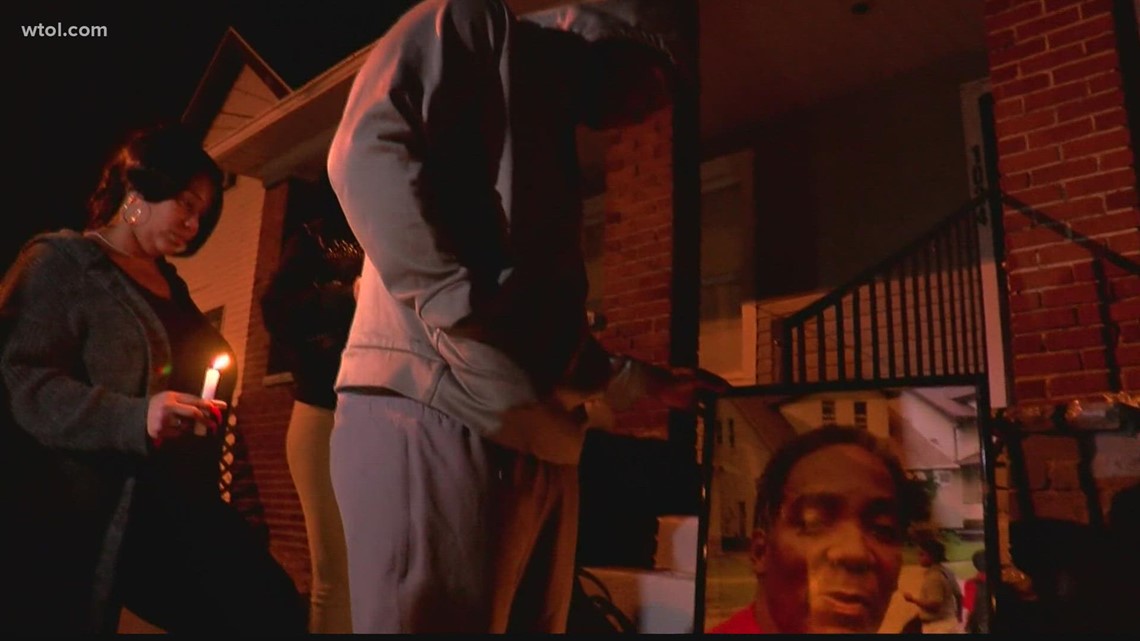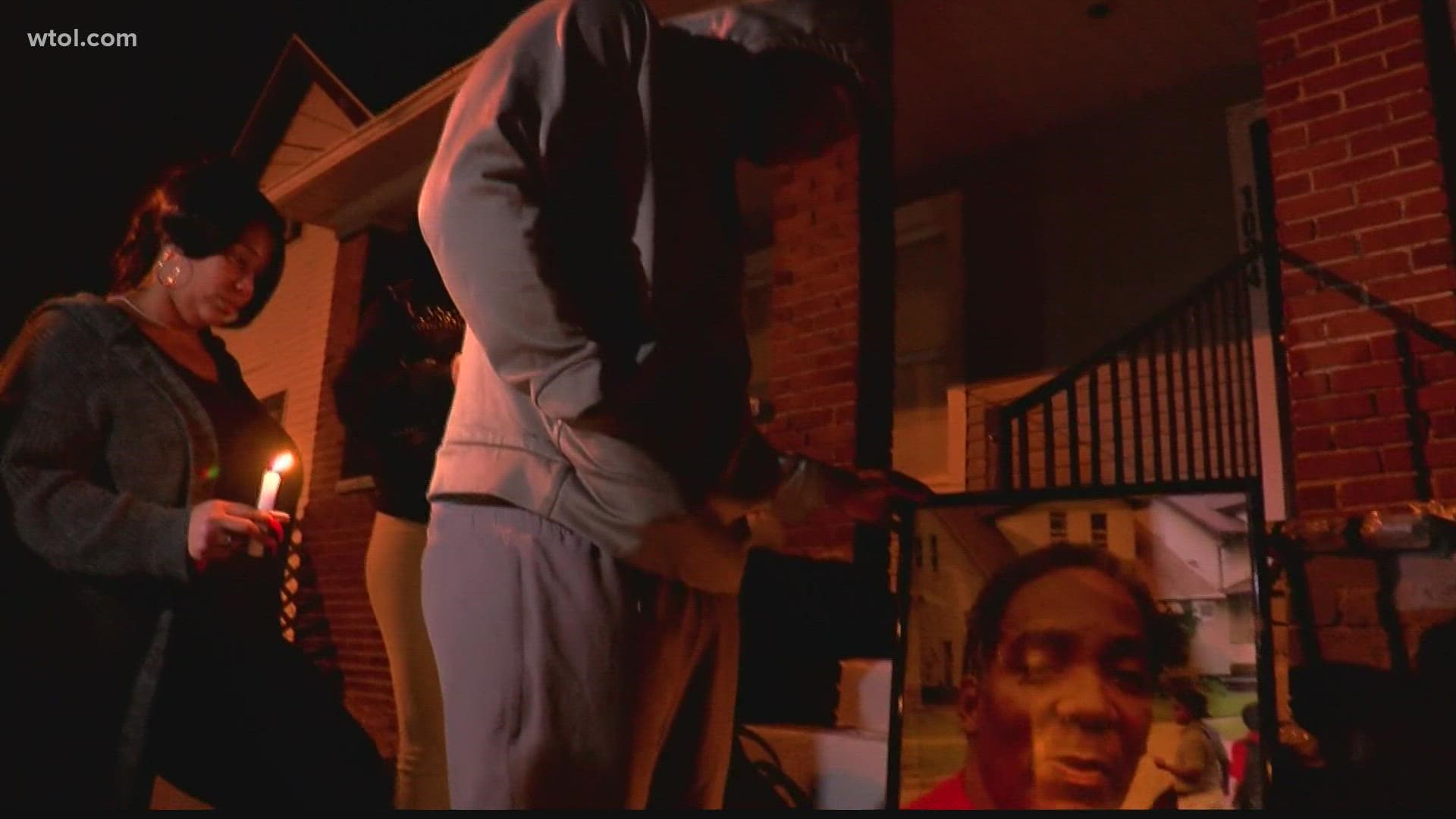TOLEDO, Ohio — The tragedy of homicide is not unfamiliar in Toledo, with the list of victims growing almost every week.
There have been 54 homicides in the city as of Oct. 18, and the Toledo Police Department reports 30 are still unsolved, with the family members of those victims left processing their feelings after having their loved ones instantly taken away.
WTOL 11 spoke to therapist Erin Wiley. Wiley owns the Willow Center, a counseling center that helps people deal with grief.
She's worked directly with people in the Toledo area who've lost someone to violent crime, explaining the trauma they experience every day and how you might even be able to help.
"Any time we lose a loved one, it's devastating, it's emotionally painful, and there's a lot of grief, and sorrow, and loss, but when it's in a violent situation it's even worse. I think there's accompanying anger and even guilt, for not being there to be able to help them, or stop it from happening," Wiley said.
Wiley says the side effects of losing a loved one to a traumatic loss like homicide put people at risk for greater depression than normal grief.
"That can translate to issues at work, issues sleeping, weight gain or weight loss, it really affects all of a person. Their relationships, their physical health, certainly their emotional and mental health," she described.
But Wiley says it's even worse for the families of unsolved murder victims, or victims presumed dead but were never found. She describes the lack of resolution for the families as "torturous."
"I think when something goes unresolved, whether it's a missing person, or there was no criminal justice in the situation, people struggle to resolve the grief and come to a place of peace where they can kind of close the chapter and know at least their loved one's at peace," Wiley said.
While the scars of losing someone in a violent situation are deep, Wiley says healing is possible. But it starts with friends and neighbors joining in the mourning process.
"I think most beneficial when there's a loss is letting people talk and opening the door for conversation, but also letting them know that you are feeling sad too. I think that can be one of the [best things] we can do for each other, is not just feeling sorry for them, but feel sorry with them."



